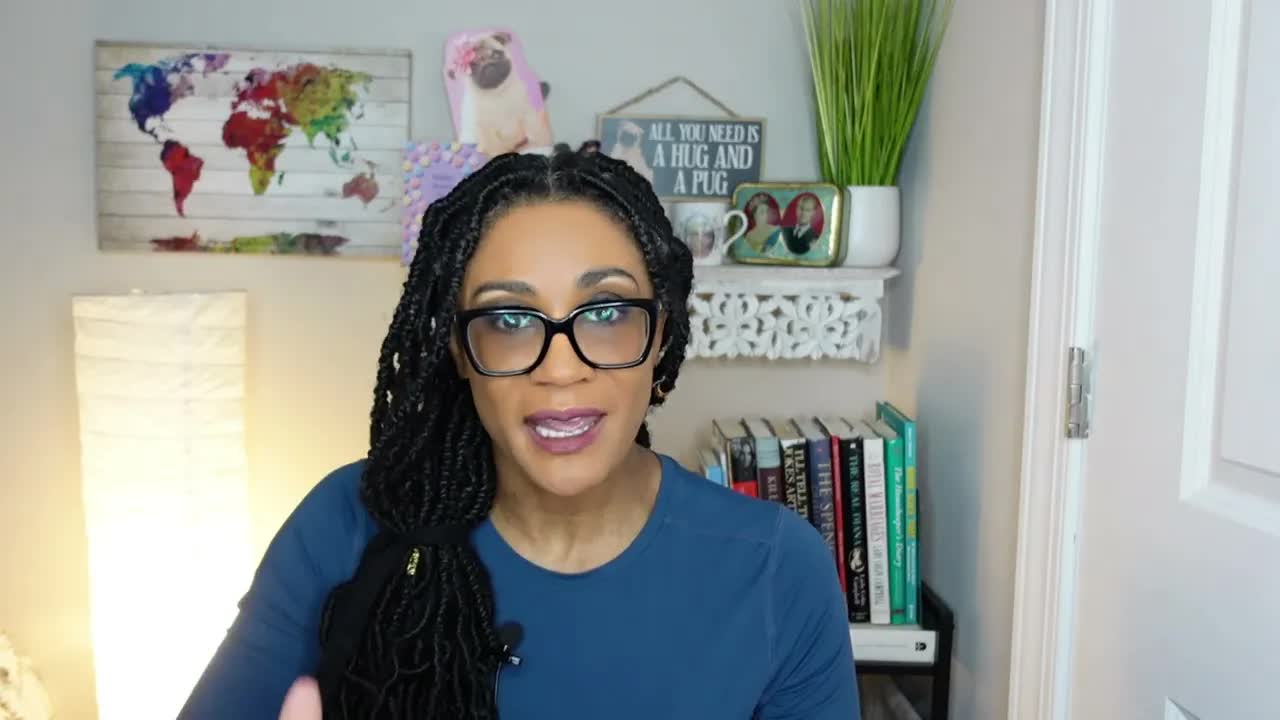The ongoing saga surrounding Meghan Markle continues to captivate public attention, but the conversation seems to have strayed far from the positive contributions she could be making as a member of the royal family.
Instead of discussing her charitable endeavors and public appearances, critics find themselves mired in a debate about her alleged missteps and behavior.
If Meghan had embraced her role with grace and dedication, perhaps the narrative would focus on her accomplishments rather than the controversies that seem to overshadow them.
It’s no secret that Meghan has faced intense scrutiny since marrying Prince Harry.
Critics argue that her actions often raise eyebrows—whether it’s her refusal to adhere to royal protocols or her candid comments about the institution itself.
Yet, these discussions frequently devolve into personal attacks, which many believe stem from deep-seated biases.
Supporters of Meghan assert that much of the vitriol directed at her is rooted in racism, claiming that older white women in particular harbor resentment towards a woman of color entering the royal fold.
But is it fair to dismiss all criticism as racially motivated?
Many royal watchers, particularly those in the UK, are concerned about how Meghan’s choices reflect on the monarchy and, by extension, on the representation of black women globally.
Critics maintain that her actions have not only damaged her own reputation but also tarnished the image of black women everywhere.
They argue that she has inadvertently validated negative stereotypes through her behavior, which raises questions about her accountability.
Moreover, the backlash against Meghan is not simply a one-sided affair.
It’s essential to recognize that her supporters have also engaged in aggressive tactics against those who dare to voice dissent.
This cycle of hate, whether coming from pro-Meghan or anti-Meghan factions, creates a toxic environment where constructive dialogue becomes nearly impossible.
Everyone involved seems to be caught in a whirlwind of emotions, often overlooking the real issues at hand.
While some argue that the backlash against Meghan is unwarranted, it’s crucial to acknowledge that criticism can be constructive.
Observers point out that Meghan’s treatment of her husband and her approach to royal traditions have raised valid concerns.
The infamous Oprah interview, for instance, left many questioning her loyalty to the institution that welcomed her.
Critics argue that such actions warrant scrutiny, especially when they appear to prioritize personal gain over familial bonds.
Additionally, the narrative surrounding Meghan often overlooks her own role in shaping public perception.
While it’s easy to attribute negative sentiments solely to external factors, one must consider how her decisions have contributed to the current landscape.
The more she engages in controversial behavior, the more fuel is added to the fire of criticism.
If she were to take a step back and reflect on her actions, perhaps the public response would shift in a more favorable direction.
Interestingly, comparisons between Meghan Markle and other public figures, such as Vice President Kamala Harris, have emerged.
However, many feel these comparisons are misguided.
While both women face criticism, the contexts differ significantly, and conflating their experiences may dilute the unique challenges each faces.
Meghan’s situation is inherently tied to her royal status, which adds layers of complexity that don’t necessarily apply to others in the public eye.
It’s worth noting that social media has amplified the discourse surrounding Meghan.
Platforms like YouTube have become battlegrounds where opinions clash, and the lines between constructive criticism and outright hate blur.
Advocates for Meghan argue that the existence of hate accounts is a reflection of society’s struggles with race and gender, while detractors insist that such platforms merely expose her problematic behavior.
Despite the tumultuous nature of this discourse, there remains an opportunity for growth.
Both Meghan and her critics could benefit from a more nuanced conversation that acknowledges the complexities of her position.
Rather than resorting to name-calling or blanket accusations of racism, engaging in thoughtful dialogue could pave the way for understanding and accountability.
As the scrutiny intensifies, it’s imperative for all parties involved to recognize their shared responsibility in fostering a healthier dialogue.
Hate, in any form, should not be tolerated, but neither should it serve as a shield against valid criticism.
The conversation needs to evolve beyond mere opinions and focus on the behaviors that contribute to the ongoing turmoil.
Ultimately, Meghan Markle stands at a crossroads.
She has the potential to redefine her narrative and reshape public perception if she chooses to engage thoughtfully with her critics.
By addressing her actions and their implications, she could emerge as a stronger figure, not just for herself but for the communities she represents.
The world is watching, and the opportunity for change lies within her grasp.










